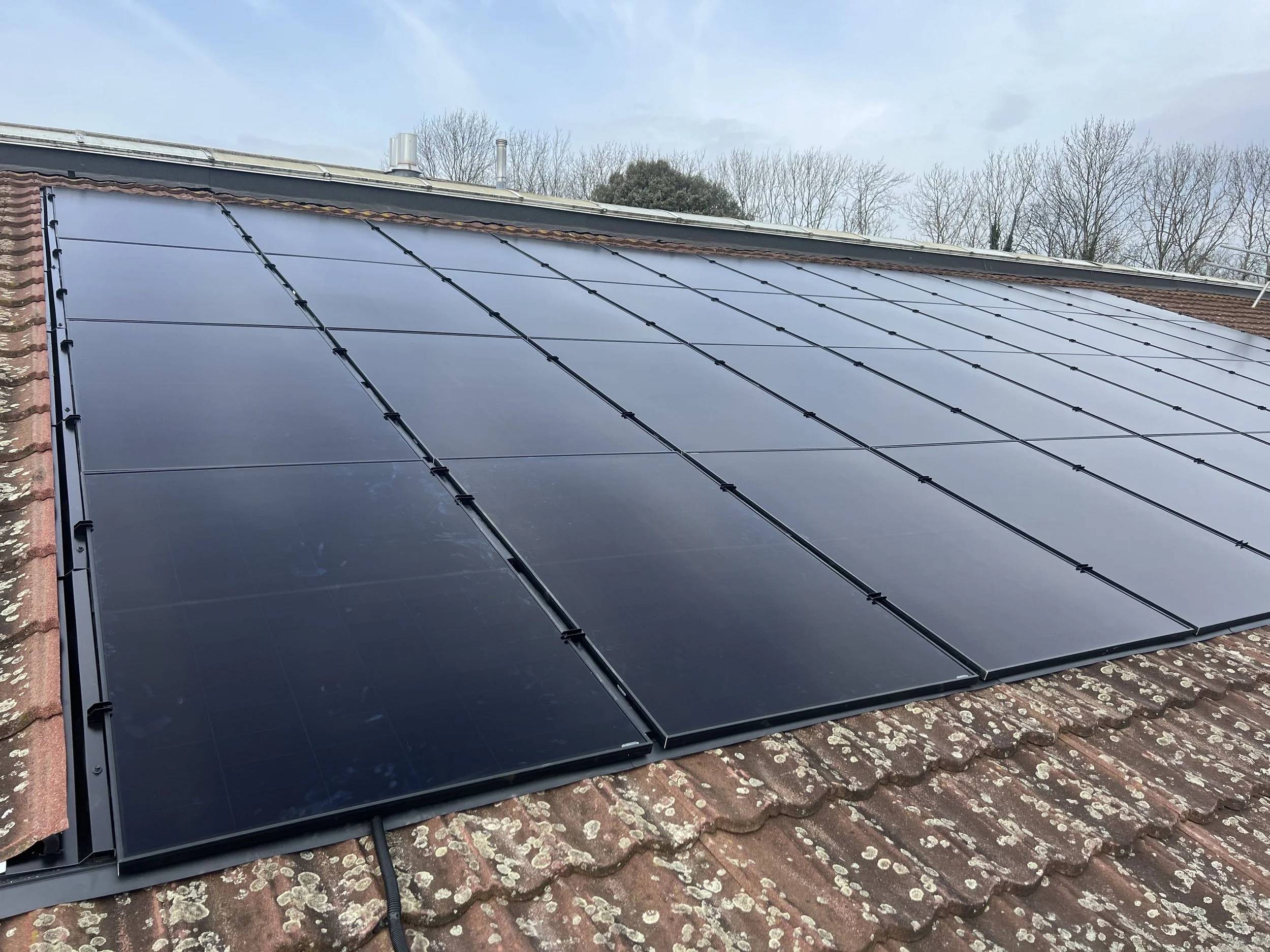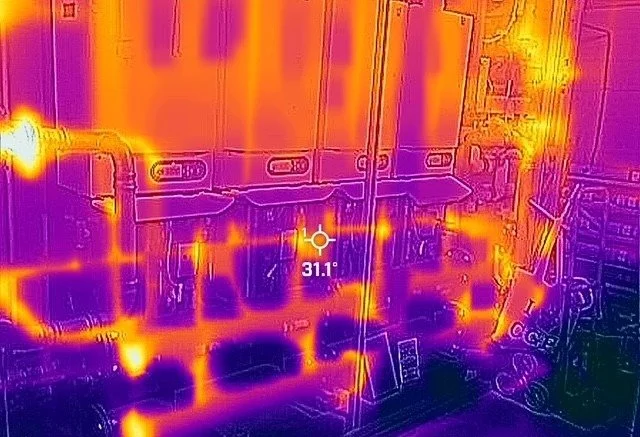Projects Delivered
Helping to shape the mechanism by which the 25 NZAPP schools are able to access government funding to deliver physical interventions at school level, the consortium has now facilitated completion of 29 fully funded NZAPP projects across 25 schools.
Completed projects include Solar PV, LED Lighting and the installation of Electric Vehicle Chargers, which were in part funded by the DESNZ Workplace Charging Scheme. The Solar PV projects at some schools are already seeing periods of “off grid” operation, when the schools are functioning purely from the electricity generation provided by the newly installed PV panels.
For BPET, NZAPP has successfully delivered 1 Solar PV installation, 3 EV charging projects were successfully delivered and all 7 schools have benefitted from Controls Optimisation.
LED Lighting: A Simple Step Towards Net Zero
All BPET schools have previously undertaken LED upgrades.
Upgrading to LED lighting is one of the easiest and most cost-effective ways for schools to reduce energy consumption and progress towards net zero. Benefits include:
Significant energy savings, using up to 80% less electricity than traditional lighting.
Lower carbon emissions, reducing the school’s environmental impact.
Reduced maintenance costs, with LEDs lasting up to 10 times longer.
Improved learning environments, offering better lighting quality and comfort.
With quick installation and potential funding options available, switching to LED lighting is a smart sustainability investment that delivers both financial and environmental benefits.
Solar PV: Helping Schools Achieve Net Zero
Some BPET schools have previously installed Solar PV at their sites. Through NZAPP, Whiteknights Primary School is now also benefitting from Solar PV installation.
Installing solar photovoltaic (PV) panels is a highly effective way for schools to reduce their carbon footprint and work towards net zero emissions. By generating clean, renewable energy on-site, schools can:
Cut carbon emissions by reducing reliance on fossil fuels.
Lower energy costs and protect budgets from rising electricity prices.
Enhance sustainability credentials, supporting ESG goals and funding applications.
Provide learning opportunities for students on renewable energy and climate action.
Solar PV is an accessible and impactful solution for schools looking to lead on sustainability while achieving long-term energy savings.
EV Charging: Supporting Schools to Net Zero
3 EV charging installations have been successfully delivered across BPET schools through the NZAPP.
Installing EV charging points helps schools reduce carbon emissions and support the transition to net zero by:
Encouraging sustainable transport for staff, visitors, and the wider school community.
Reducing carbon emissions by supporting the switch to electric vehicles.
Generating potential income, with options to allow public or staff charging.
Future-proofing school facilities, aligning with the UK’s 2035 ban on new petrol and diesel cars.
With grants and funding available, EV charging is a practical step for schools looking to enhance sustainability and support cleaner, greener travel.
Controls
BPET schools have benefitted from controls optimisation to help schools become more energy efficient by ensuring heating, cooling, and lighting systems operate only when and where needed, reducing unnecessary energy use. By fine-tuning settings and schedules, schools can maintain comfort while lowering consumption and costs.
Driven by recommendations from the Heat Decarbonisation Plans, a project submission is now moving through the approval process. With over 120 further projects on the list, across all three Trusts, and all schools, projects include heating controls, draft proofing, additional insulation, as well as further LED Lighting and additional Solar PV projects. Collectively, completed projects will provide substantial energy and cost savings, as well as reduction in carbon emissions – schools will have the ability to review statistics for savings via the Barker Consortium EO Portal.
Projects Planned
We are preparing to submit additional projects for approval across all 25 schools, focusing on Heat Decarbonisation Plan recommendations which include interventions such as Mechanical Insulation, Heating Controls, Building Fabric Insulation plus further LED lighting and Solar PV with over 100 projects submitted for approval.
These projects will play a crucial role in reducing carbon emissions by improving energy efficiency, minimising heat loss, and optimising system performance.
By enhancing insulation across the schools, we will aim to lower energy consumption, contributing to a more sustainable and environmentally responsible estate while aiming to reducing long-term operational costs.



